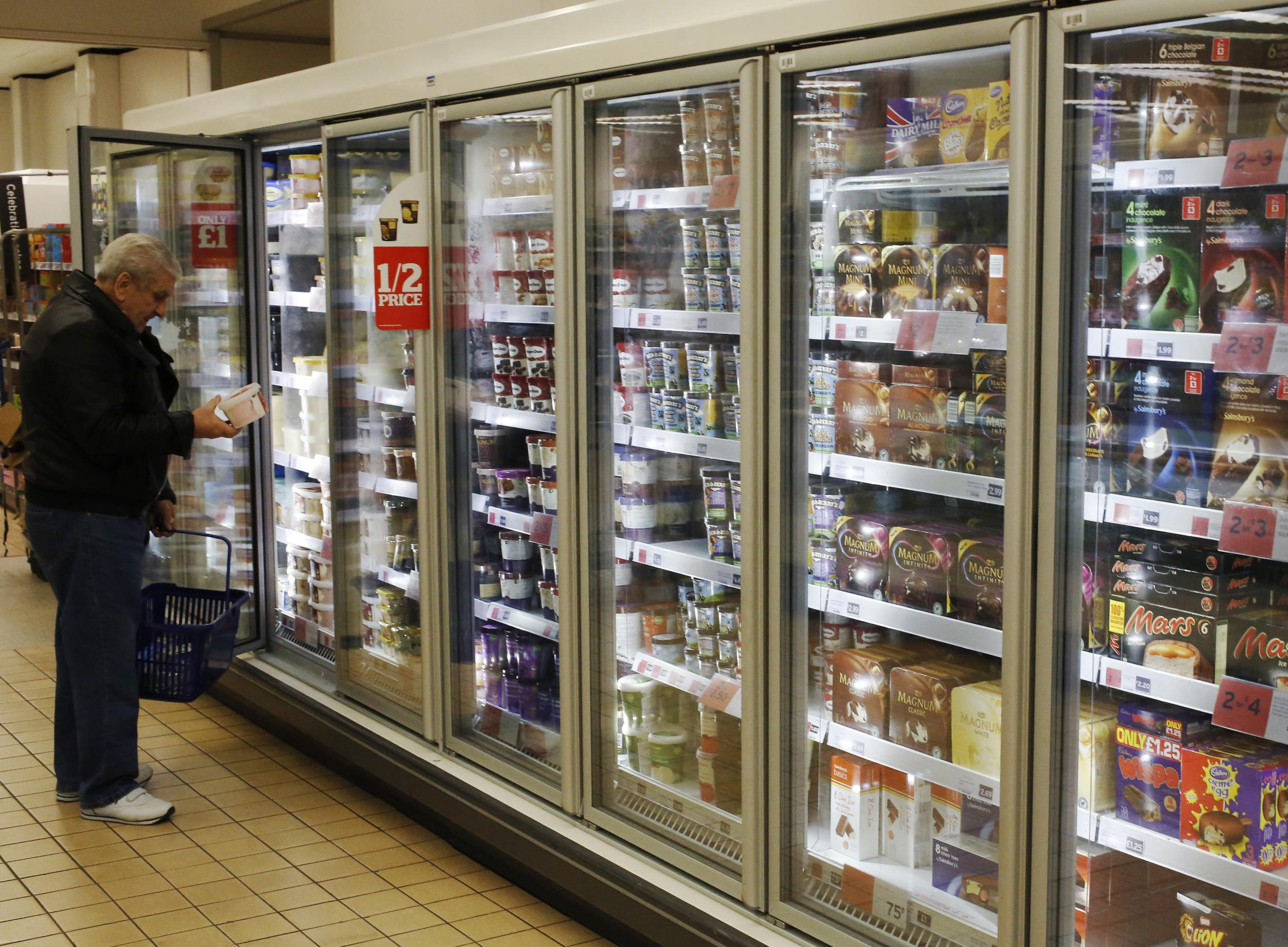Almost a third of supermarket plastic packaging not widely recyclable, Which? finds
Lidl had the lowest proportion of widely recyclable packaging at 71%, followed by Iceland, Ocado and Sainsbury's

Almost a third of plastic packaging used by UK supermarkets is either non-recyclable through kerbside or retailer collection schemes or difficult to recycle, a consumer group has found.
Which? is calling for the government to make clear and simple recycling labelling compulsory after finding that up to 29 per cent of packaging is likely to go to landfill.
The watchdog's investigation of 27 own-brand items at 10 major supermarkets found that Lidl had the lowest proportion of widely recyclable packaging at 71 per cent, followed by Iceland (73 per cent), Ocado (74 per cent) and Sainsbury's (75 per cent).
The best performer was Morrisons with easily recyclable packaging for 81 per cent of its tested products.
Researchers noted that Morrisons packaged its chocolate cake in a widely recyclable plastic box, while Lidl's cake came in mixed packaging made up of a non-recyclable film within a widely recyclable box with a non-recyclable window.
Some groceries had non-recyclable packaging no matter which supermarket they came from, such as easy-peel oranges which were all sold in nets with plastic labels.
Easy peeler nets are not recyclable through kerbside collections or supermarket recycling banks, and can cause breakdowns if they wrongly end up in a sorting plant.
A significant proportion of packaging - as much as 10 per cent of Waitrose's basket of goods - could only be recycled at supermarket collection points rather than at the kerbside.
However this was not always clear on the labelling, while a separate survey showed that just 9 per cent of shoppers always or often take packaging back to a supermarket to be recycled.
Which? said they found “huge” inconsistencies within recycling labelling, with some items not labelled at all, and believed that some packaging marked as non-recyclable was recyclable at supermarket banks.
Other products had labels that were only visible once the food was unwrapped and therefore unhelpful to shoppers trying to make a considered choice in the supermarket aisle.
Ways to reduce your single-use plastic
Show all 6Which? director of research and publishing, Nikki Stopford, said: “Which? believes a lot more can be done to increase the amount of recyclable packaging and the way it is labelled so that consumers know what can be recycled and how to recycle it.
“The plastic pollution crisis makes it more crucial than ever that the government, manufacturers and supermarkets do the best they can to banish plastic that cannot be recycled and promote the use of less damaging packaging.”
Lidl said: “We fully support the need to tackle the important issue of plastic waste which is why we recently launched our ambitious plastic reduction targets and have a task force in place who are dedicated to delivering these commitments.
“We are in the process of conducting a comprehensive review of our entire packaging footprint, and estimate that the vast majority of our packaging is widely recyclable under the industry standard OPRL (On Pack Recycling Labelling) scheme.
“We therefore do not believe that the small sample used in the report is representative or reflective of our full product range.”
PA
Subscribe to Independent Premium to bookmark this article
Want to bookmark your favourite articles and stories to read or reference later? Start your Independent Premium subscription today.

Join our commenting forum
Join thought-provoking conversations, follow other Independent readers and see their replies